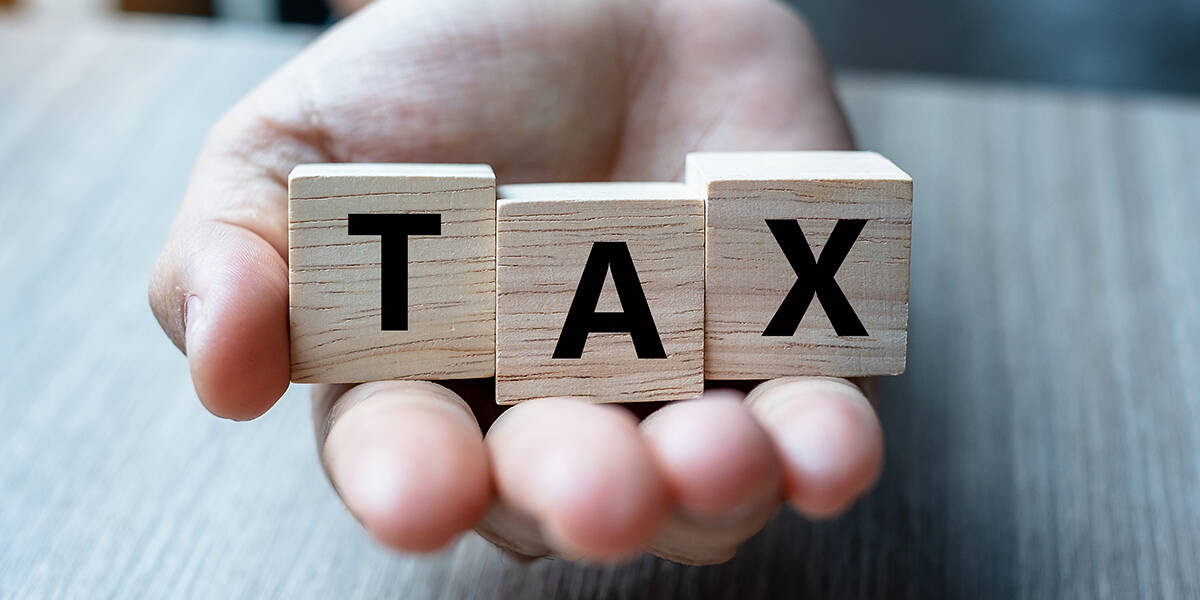

In the realm of business, Hong Kong company financial statements hold immense importance. These reports serve as a powerful compass, guiding companies on their financial journey. A company’s financial statements provide a complete picture of its financial health and performance, making them crucial for evaluating profitability, cash flow, and overall success.
In this blog post, we will explore the vital role of Hong Kong company financial statements, their main components, and why they are essential for compliance, decision-making, and attracting investors.
What are Hong Kong Company Financial Statements?
Hong Kong company financial statements serve as the report card of your Hong Kong business, showcasing its financial performance and condition. These crucial documents require auditing for credibility with recognized Hong Kong government agencies.
Investors heavily rely on these statements to assess your company’s financial health and potential, making it more attractive for partnerships and investments. Hong Kong company financial statements also provide essential information about operations, financial position, and cash flows, guiding resource allocation decisions.
What is Included in the Hong Kong Company Financial Statements?
Hong Kong company financial statements consist of the following main components:
Balance Sheet
This provides a clear summary of the business’s financial situation as of a specified date. The assets, liabilities, and shareholder equity of the business are shown. Current assets include things like cash and accounts receivable, whereas non-current assets include things like real estate and machinery. Additionally, there are two categories of liabilities: current (such as rent and utilities) and non-current (such as long-term loans). Shareholder equity, on the other hand, represents the remaining interest in assets after deducting liabilities.
Income Statement
The company’s sales, costs, profits, and losses for a particular reporting period are shown on the income statement. It covers non-operating revenues as well as operating revenues from core business operations. Gains represent net income from non-core activities, such as selling assets. Primary expenses are linked to core business operations, while secondary expenses are related to non-core activities. Losses account for losses on asset sales or unusual costs.
Statement of Cash Flows
This displays the cash inflows and outflows during the accounting period. It is divided into cash from operating, investing, and financing activities. Specifically, these are the core business cash flow, investment-related cash flow, and liabilities & equity financing.
Requirements for Hong Kong Company Financial Statements
In Hong Kong, companies must adhere to specific requirements when preparing their financial statements. These requirements are as follows:
- Choosing Financial Year-End – Hong Kong companies need to choose their financial year-end (FYE). The first FYE date should be selected by the Hong Kong company’s directors and fall within 18 months after incorporation. For subsequent years, the FYE will be on the anniversary of the specified date.
- Preparation According to the Companies Ordinance – Under the provisions of the Companies Ordinance, the responsibility for preparing Hong Kong company financial statements for each financial year end lies with the company’s directors.
- Consolidated Financial Statements (For Holding Companies) – Holding companies must prepare consolidated Hong Kong company financial statements, except in the case of partially owned subsidiaries where no member requests consolidated accounts or all members agree not to prepare them in writing. However, if the Hong Kong company is a wholly-owned subsidiary, it must prepare either company-level or consolidated financial statements.
- Fair and True View of the Company – Unless the company is eligible for a reporting exemption, the Hong Kong company financial statements must give a truthful and fair assessment of the Hong Kong company’s financial situation and performance.
- Audited Financial Statements – The Hong Kong company financial statements must be audited by a licensed auditor who is a Hong Kong Certified Public Accountant (CPA).
- Accounts and Records Keeping – In addition to the specific requirements for Hong Kong company financial statements, companies must maintain accurate records and accounts to comply with Hong Kong regulations annually. These records may encompass bank statements, expenses, and sales receipts, ensuring the precision and up-to-date nature of all financial transactions.
Which Types of Companies are Eligible for Reporting Exemptions?
Under the Companies Ordinance, certain companies can qualify for reporting exemptions for Hong Kong company financial statements. However, a reporting exemption does not mean companies can entirely avoid preparing financial statements. Instead, it simplifies the contents of the statements in several ways:
- The requirement to provide a true and fair view of the Hong Kong company financial statements is eliminated for companies eligible for reporting exemptions.
- Companies qualifying for reporting exemptions are not obligated to disclose certain transactions involving directors and the company.
- The reporting exemption allows companies to adopt the SME-FRF and SME-FRS which involve fewer requirements and disclosures, such as no need for a cash flow statement and no disclosure of financial risk management strategies.
Hong Kong Companies Eligible for Reporting Exemption
To qualify for the reporting exemption, a company must meet specific size criteria determined by the size test. For small private companies, this includes annual revenue and total assets not exceeding HK$100 million, along with having fewer than 100 employees. Companies limited by guarantee must ensure their total annual revenue is not more than HK$25 million.
It’s crucial to understand that the reporting exemption is optional. Companies have the choice to prepare their Hong Kong company financial statements under a full reporting regime or opt for the simplified regime if they meet the eligibility criteria. This decision should be carefully considered, especially if the financial statements are utilized by shareholders, investors, or customers, as full financial statements may provide more valuable information in such circumstances.
How We Can Help: Our Accounting Service
At Premia TNC, we offer expert assistance with your Hong Kong company financial statements. Our team of qualified accountants is dedicated to ensuring accurate and compliant preparation, meeting all Hong Kong regulations and reporting standards. Our accounting service ensures that your statements are error-free and prepared with precision, providing you with a clear picture of your company’s financial health.
Don’t let the complexities of financial reporting overwhelm you. Let Premia TNC take care of your Hong Kong company financial statements while you concentrate on driving your business forward. Contact us today for a FREE consultation and discover how our accounting service can benefit your company’s financial journey.
Hong Kong Company Financial Statements FAQs
1. What are Hong Kong company financial statements, and why are they essential for Hong Kong companies?
Hong Kong company financial statements are detailed reports that outline the performance and condition of a company’s finances.
Financial statements play a critical role for Hong Kong companies as they offer valuable insights into the company’s financial well-being, assist in decision-making, attract potential investors, and ensure adherence to regulatory requirements.
2. Are there exemptions for reporting Hong Kong company financial statements?
Yes, there are reporting exemptions available for eligible Hong Kong companies. Private or guaranteed companies that meet specific criteria can qualify for simplified reporting. This exemption streamlines certain disclosure requirements and adopts a simpler financial reporting framework.
3. Can I prepare Hong Kong company financial statements on my own, or do I need professional assistance?
While some small companies may attempt to prepare their Hong Kong company financial statements independently, it is advisable to seek professional assistance from qualified accountants. Preparing accurate and compliant financial statements requires in-depth knowledge of accounting principles, tax regulations, and reporting standards. Professional accountants ensure your financial statements are error-free and meet the requirements.

premiatnc
View All BlogsRelated Posts
April 18, 2024
Initiating Maximum Returns with Hong Kong Tax Incentives
Hong Kong, renowned for its dynamic…
April 15, 2024
Trademark Registration In Hong Kong: What You Should Know
Trademark registration in Hong Kong…
March 29, 2024
Everything You Need to Know About Hong Kong Invoice Requirements
Compliance ensures smooth financial…




